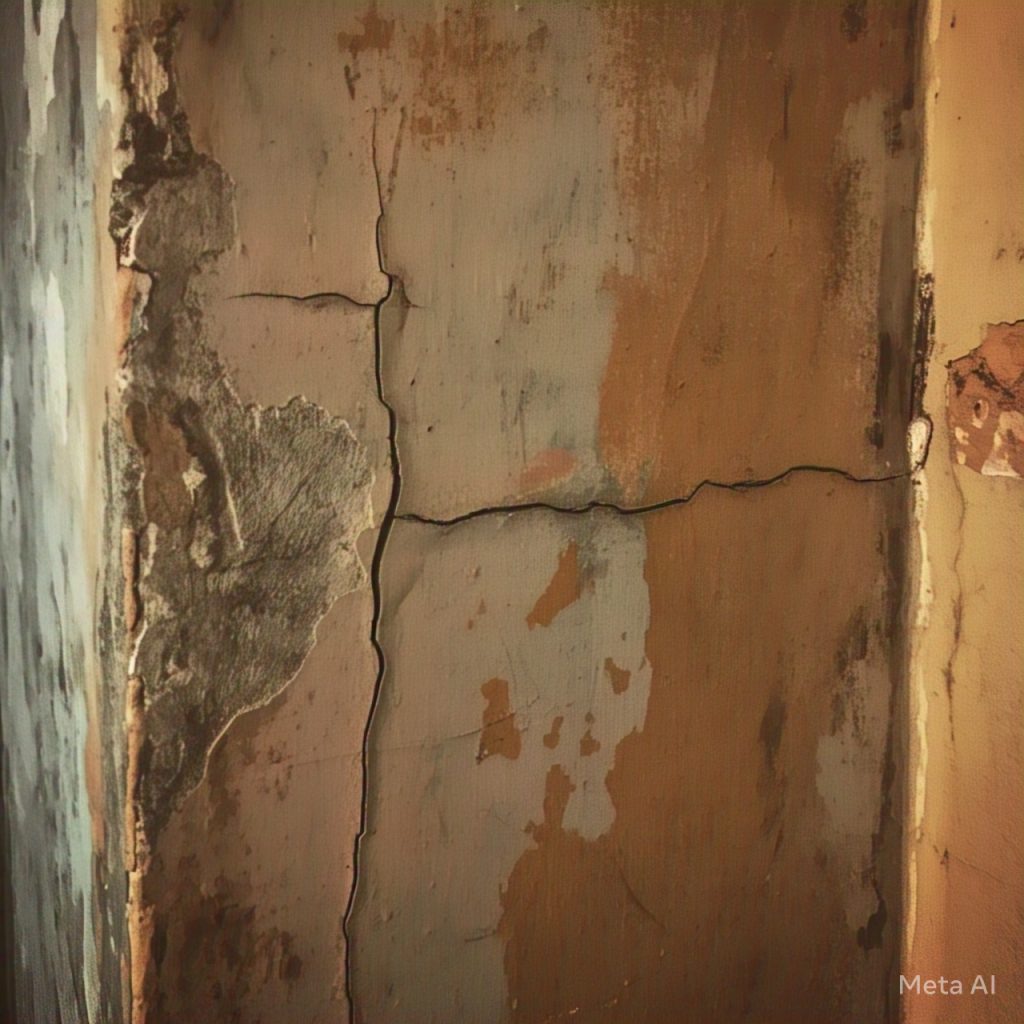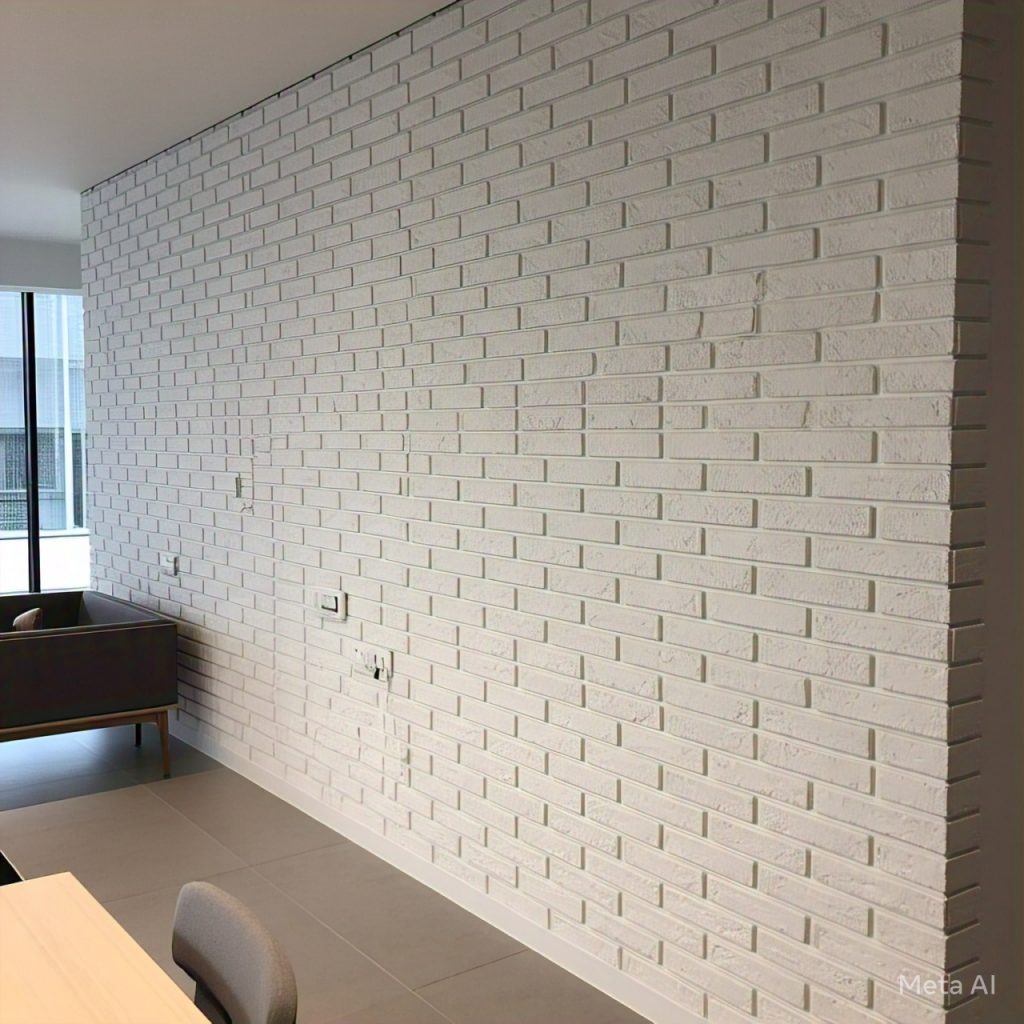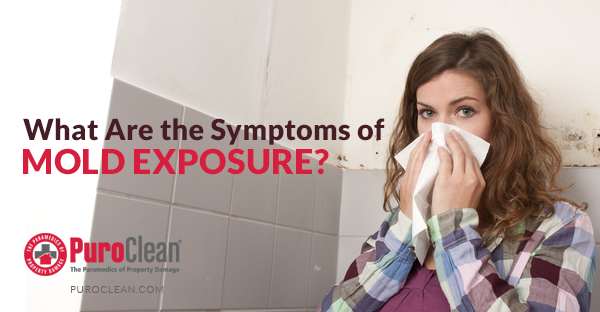Table of Contents
Mold Growth in the House and Effects
Mold growth around wall homes in columbus, Ohio. Mold is more than just an unsightly blotch on your wall or ceiling; it’s a silent threat that can wreak havoc on your health, home, and finances. While many homeowners tend to delay addressing mold problems, the consequences of inaction can be severe.
This article explores the hidden costs of ignoring mold growth in your home and why swift intervention is crucial. For immediate assistance with mold damage restoration in columbus, ohio, contact PuroClean Home Savers, Call (+1) 614-689-0012.

1. Structural Damage: When Mold Eats Away at Your Home Mold thrives in moist environments and often grows undetected behind walls, under flooring, or in the attic. Over time, it breaks down organic materials like wood, drywall, and insulation. If left unchecked, mold can compromise the structural integrity of your home, leading to costly repairs or even major renovations.
“What happens if mold is left untreated in my house?”
Answer: Untreated mold can cause severe structural damage, leading to sagging floors, crumbling drywall, and weakened wooden beams.
2. Health Problems: Mold Can Make You Sick One of the most alarming hidden costs of mold is its impact on your health. Mold spores are allergens and irritants that can cause or exacerbate respiratory issues, skin rashes, headaches, and eye irritation. Individuals with asthma, allergies, or weakened immune systems are particularly vulnerable. Ignoring mold means risking your family’s well-being.
“Can mold in my house make me sick?”
Answer: Yes, mold exposure can cause respiratory problems, allergic reactions, and worsen existing health conditions like asthma.
3. Decreased Property Value: Mold Kills Real Estate Deals Whether you’re planning to sell your home or refinance your mortgage, mold can be a dealbreaker. Potential buyers are wary of mold-infested properties, and home inspectors will flag mold issues during an evaluation. Even if the mold is hidden, suspicion alone can reduce your home’s market value and scare away buyers.
“Does mold affect home value?”
Answer: Yes, visible or suspected mold can significantly reduce your home’s resale value and appeal.
4. Increased Remediation Costs Over Time Addressing mold early can be relatively inexpensive, especially if it’s contained to a small area. But waiting too long allows it to spread, increasing the scope and cost of remediation. What might have cost a few hundred dollars to fix early on can easily balloon into thousands if ignored.
“How much does mold remediation cost if it spreads?”
Answer: If mold spreads extensively, remediation can cost thousands of dollars depending on the size of the affected area and level of damage.
5. Insurance Limitations: You Might Not Be Covered Many homeowners assume their insurance will cover mold damage. However, most policies have strict limitations or outright exclusions on mold-related claims. If you delay addressing a moisture problem that leads to mold, your insurer may consider it negligence and deny your claim.
“Does homeowners insurance cover mold?”
Answer: Often, mold is only covered if it results from a sudden, accidental event. Gradual issues caused by neglect are usually excluded.

Conclusion: Mold Is Not a DIY Delay Ignoring mold might save you a few bucks today, but the long-term consequences can cost you dearly. From structural deterioration and health hazards to devalued property and out-of-pocket remediation expenses, the hidden costs of mold are too significant to overlook. Act fast—whether through DIY moisture control or hiring professionals, addressing mold early is the smartest financial and health decision you can make.

FAQs: Mold Growth in Homes
Q1: What are the first signs of mold growth in a house? A: Early signs of mold include a musty smell, visible spots on walls or ceilings, increased allergy symptoms, and excess moisture or condensation on windows and surfaces.
Q2: Can I clean mold myself, or should I call a professional? A: Small mold patches on hard surfaces can usually be cleaned with detergent and water. However, if the affected area is larger than 10 square feet, or if mold is in HVAC systems or behind walls, you should consult a professional mold remediation service.
Q3: How does mold affect children and elderly people? A: Mold can be especially harmful to children, the elderly, and anyone with pre-existing health conditions. Symptoms can include chronic coughing, wheezing, rashes, and in severe cases, respiratory infections.
Q4: What causes mold to grow inside homes? A: Mold grows where there is moisture, warmth, and poor ventilation. Common causes include leaking pipes, roof leaks, high indoor humidity, flooding, or poor bathroom ventilation.
Q5: How long does it take for mold to grow after a water leak? A: Mold can start growing within 24 to 48 hours of moisture exposure. It’s crucial to dry wet areas immediately to prevent mold formation.
Q6: Is black mold more dangerous than other types? A: Stachybotrys chartarum, commonly known as black mold, produces mycotoxins that can cause serious health issues. While not all black molds are toxic, it’s best to treat any mold growth seriously.
Q7: Will mold come back after cleaning? A: Mold can return if the source of moisture isn’t fixed. Proper cleanup, ventilation, and moisture control are essential to prevent recurrence.
Q8: How can I prevent mold in my home? A: Regularly check for leaks, maintain indoor humidity below 60%, use exhaust fans in kitchens and bathrooms, and ensure good airflow throughout your home.
Q9: Is mold only a problem in older homes? A: No, mold can grow in any home regardless of age. New homes with poor ventilation or construction flaws can also develop mold problems.
Q10: Who do I call for mold problems? A: You should contact a certified mold remediation professional. If you suspect mold but can’t see it, you may also need a mold inspection or indoor air quality test.
Take Action Today Don’t let mold silently eat away at your health and home. If you suspect mold, take immediate steps to identify and address the problem. Your future self—and your property value—will thank you.



 PuroClean Home Savers
PuroClean Home Savers